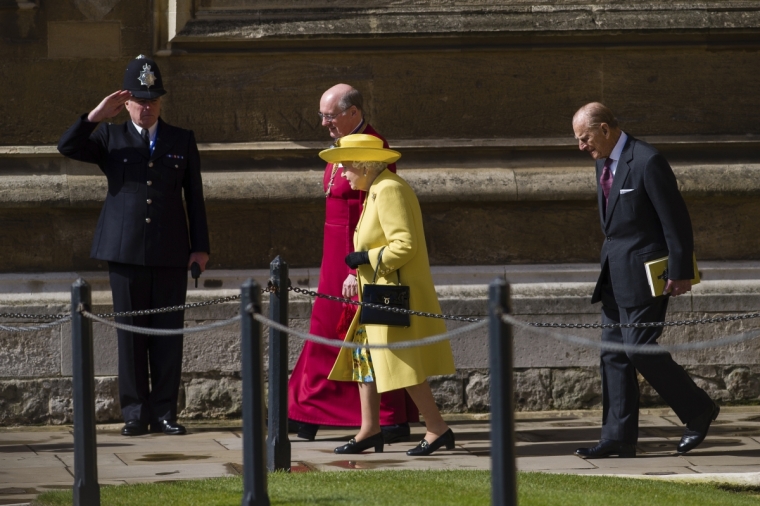SURPRISING: Christianity gains 1 point in Britain, while 'nones' fall

LONDON (Christian Examiner) – This year's British Social Attitudes (BSA) Survey has yielded a surprising result – Christianity has gained slightly, halting decades of decline, the UK's Telegraph has reported.
According to the paper, which has had an advanced look at the unpublished survey's findings, the BSA shows decades of decline in Christianity slowing, or "leveling off" as the paper suggests.
The one percent uptick in the number of people claiming to be Christian (from 42 to 43 percent) corresponds with the one percent of people no longer listing themselves as "nones," or British citizens not officially connected with any church or religious denomination.
"Nones" fell from 49 to 48 percent, according to the paper.
While the one percent change in both categories is "too small to be regarded as statistically significant in themselves," it leaves researchers wondering if a turnaround could be in the future or if the change is a momentary pause in an otherwise irreversible decline.
However, there is evidence that a growing number of British adults are reconnecting with their faith. The number of adults who described themselves as non-believers fell by 3 percentage points.
And while adhering to any religion is still not popular with young adults (62 percent described themselves as non-believers), researchers say that figure is significant. In the prior year, 65 percent described themselves as non-believers.
The total number of people who describe themselves as having "no religion" has fallen now below 51 percent, where it was seven years ago. The number of British citizens describing themselves as Christians is now on par with where it was seven years ago, as well.
Ian Simpson, senior Rresearcher at NatCen Social Research, claimed the temporary halt in the decline of religion is likely just that – temporary. He said the number of non-religious has "plateaued" since 2009, but will likely accelerate again as older citizens, characteristically more religious, die off. Younger people are about half as likely to hold to any religion, let alone Christianity, he said.
Simpson also said that Anglicans – members of the Church of England – have not enjoyed any increase in their numbers. They have experienced a significant decrease in numbers from 2006, when Anglicans comprised 22 percent of the population, to last year, when they measured only 17 percent.
Linda Woodhead, author of That Was the Church That Was, told the paper the decline of the Anglican faith is likely irreversible. She said the same is true of Christianity in general and that the new data shows what "could be a pause at the edge of the cliff."
"The decline of religion particularly Christianity and the rise of no religion has always been a very slow, long-term process," she said. "It probably goes back a century, although we don't have the data. We shouldn't be looking to see a collapse in numbers in a few years, we have got to look at the long-term picture. But I can't imagine any factor that would lead this long-term trend to change."
That is, except for national revival.
Britain has been the site of multiple national revivals when church attendance actually increased, such as the Wesley-Whitefield revivals of the 18th century and the Welsh Revival in the early 20th.
It is too early to tell if such an event is now taking place. However, Queen Elizabeth II and former Prime Minister David Cameron both said during their Christmas messages last year that Britain was a Christian country with Christian values as the basis for its laws and culture.
Those comments were a marked shift from the tone of pluralism characteristic of the past decades.